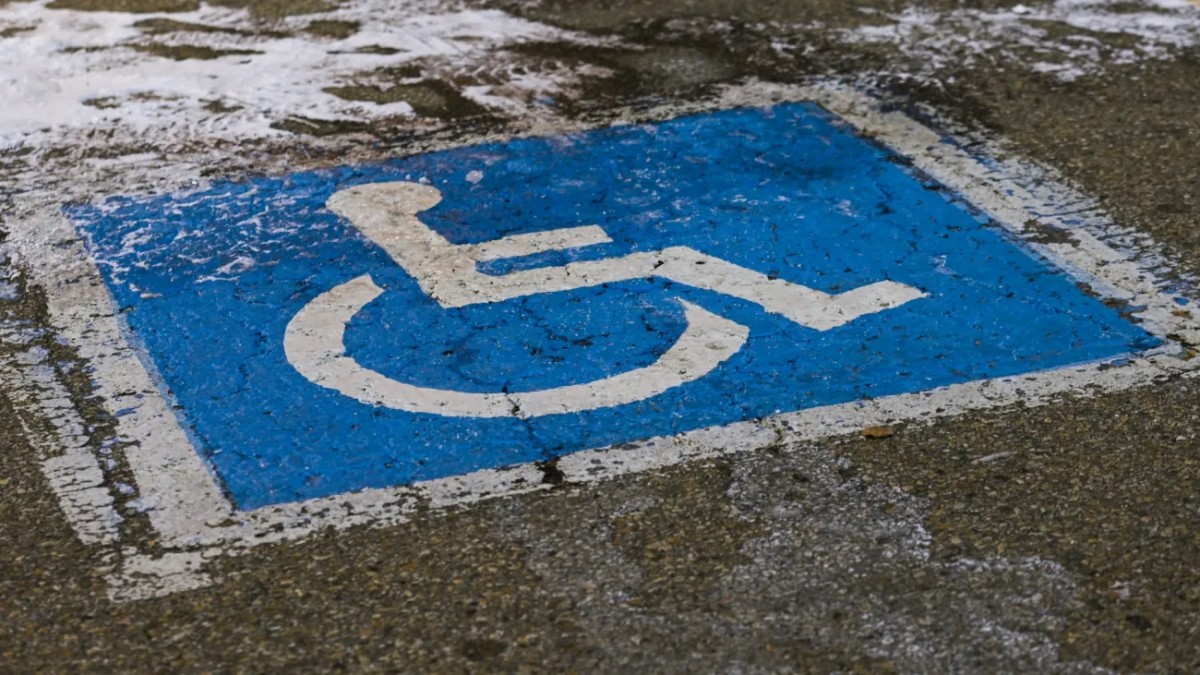State-based advocacy groups that defend the rights of disabled individuals are facing serious operational disruptions, as they report not receiving the full federal funding they are legally entitled to. This week, organizations in New Jersey and Arkansas publicly announced they are being forced to scale back services—some even temporarily shutting down—because of significant shortfalls in financial support from the U.S. government.
Across the United States, every state, U.S. territory, and Washington, DC, is home to at least one protection and advocacy (P&A) agency. These entities exist specifically to uphold the rights of disabled residents, often through direct legal representation, policy advocacy, and monitoring of care facilities. Their establishment stems from the Developmental Disabilities Assistance and Bill of Rights Act of 1975, which mandates their function under federal law. However, as funding delays and gaps emerge, so too does uncertainty about whether other agencies will soon face similar constraints. The impact of missing federal funds is becoming more visible.
In a detailed report by NJ.com, Disability Rights New Jersey (DRNJ), the state’s designated P&A organization, disclosed that it has received only $1.6 million of the $3.1 million required to sustain its work in 2025. That amount is far short of what’s needed to protect and represent some of the most vulnerable residents—individuals living in group homes, incarcerated people with disabilities, and others who rely on specialized legal advocacy. DRNJ emphasized that while they do receive some state-level support, it’s not enough to fill the gap left by the absent federal dollars. As a result, they will suspend most services until May 5 and have publicly warned that without receiving the rest of their allocated funding, they may be unable to meet payroll obligations.
“We are fighting for our very survival,” DRNJ executive director Gwen Orlowski told NJ.com, noting that some DRNJ attorneys left last year with anticipation of chaos during the second Trump administration. “We’re at a crossroads as an American society.”
The situation unfolding in Arkansas paints a similarly grim picture. In a Facebook announcement, Disability Rights Arkansas (DRA) shared that it will stop accepting new clients beginning Friday, with limited exceptions, because of the ongoing failure to receive all federal funds.
“This pause allows us to continue to support the clients we have in case funding is not released at all,” the post reads. “In the meantime, DRA will be providing information, referral, and technical assistance only.” The message also urged those impacted to reach out to state legislators and members of Congress, highlighting the urgency of political engagement in resolving the crisis.
The broader implications of this issue raise critical questions about the federal government’s commitment to disabled communities. “Are we going to a worldview that just contracts all those social services and basically says people must stand on their own or fall on their own?”
Orlowski’s rhetorical question reflects the unease felt by many advocates about the future direction of national disability policy. It is not merely about money—it’s about the values driving decisions at the highest levels of government. For DRNJ and DRA, these funding shortages do not just pose logistical setbacks; they threaten the survival of civil rights protections for disabled Americans.
Further complicating the picture is the backdrop of recent moves by the Trump administration, which has historically taken aim at the infrastructure supporting P&A programs. In March, Health and Human Services Secretary Robert F. Kennedy announced plans to dismantle the Administration for Community Living (ACL), the federal agency that has administered protection and advocacy programs for over ten years. This was soon followed by a leaked draft report from HHS indicating that the department intends to eliminate funding for P&A organizations altogether.
Despite these alarming developments, some experts believe legal challenges could thwart such efforts. Kate Caldwell, director of research and policy at Northwestern University’s Center for Racial and Disability Justice, emphasized the legal safeguards surrounding these programs. “If HHS withheld funding or dismantled the program without an actual statutory repeal,” Caldwell said, “it would face multiple lawsuits from disability rights organizations, as well as state attorneys general, for violating the law.”
While it remains to be seen how many other states are grappling with similar funding shortfalls, the signals are troubling. What’s at stake isn’t just program continuity, but whether disabled people will continue to have a federally protected mechanism to defend their civil rights, seek justice, and live with dignity.
In the NJ.com article, Orlowski expressed deep concerns about how the Trump administration is pushing forward towards a future where disabled people do not receive the support they need.
“Are we going to a worldview that just contracts all those social services and basically says people must stand on their own or fall on their own?” Orlowski questioned. “I think that that’s where we’re at.”
The coming weeks may determine not only the fate of these two state agencies but also the broader future of federal commitment to disability rights. For now, advocates continue to speak out, rally support, and fight against a system that appears increasingly reluctant to uphold the very mandates it created decades ago.
Empower Growth with a Team That Truly Understands
At Golden Care Therapy, we believe every child deserves the chance to thrive through personalized, compassionate support. Our experienced team offers high-quality ABA therapy tailored to each child’s unique needs—helping them develop vital skills, improve behavior, and gain confidence.
Our dedicated therapists bring trusted ABA services in New Jersey, Indiana, New York, Georgia, Florida right to your doorstep or through flexible virtual options. We’re here to walk with you every step of the way. Reach out today and see the difference Golden Care Therapy can make in your child’s journey.



